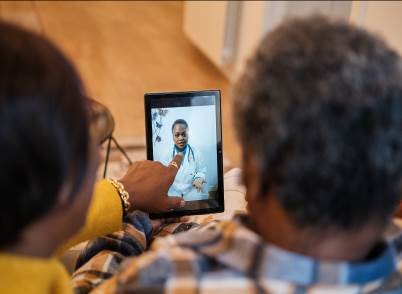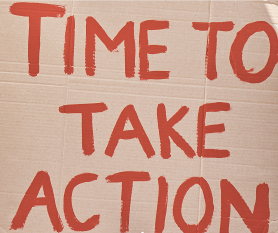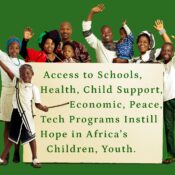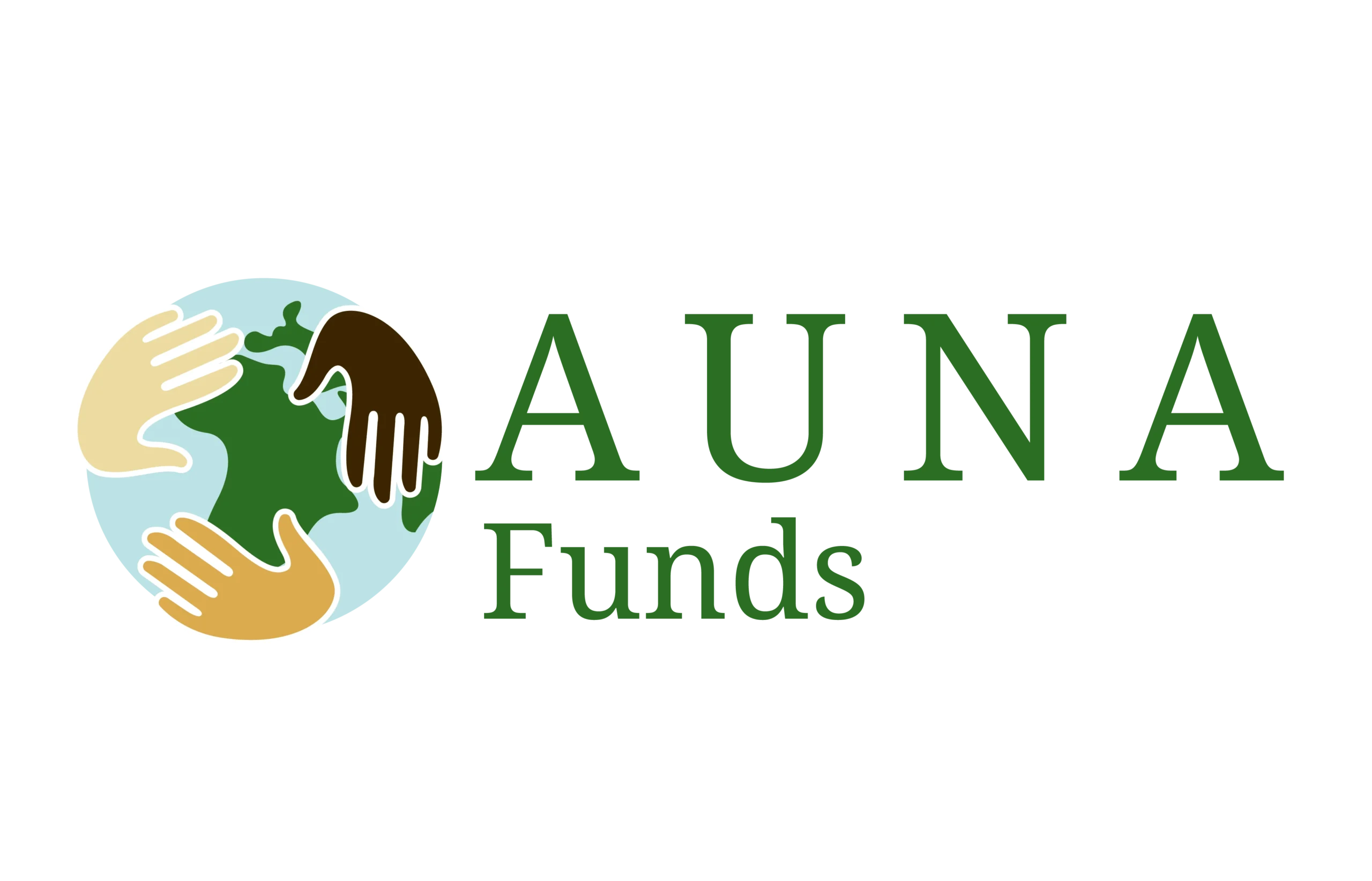
Post COVID, Africa Seeks To Try To Conquer Medical Deserts In the Face of Doctors, Nurse Staffing Shortages
In the aftermath of the COVID-19 pandemic lockdowns, government agencies, businesses, nonprofits and churches expose and seek to address the hurdles confronted by hospital, clinic and overall healthcare systems in Africa such as staffing shortages in doctors and nurses and missing physical structures.

Approaching these longstanding problems calls for umbrella solutions that tackle boosting the number of medical professionals and initiating or expanding the healthcare infrastructure and resources for them.
Going forward post COVID, government, business, charity and church leaders are publicizing and resolving these challenges in the following manner:
Investing in Local Training Programs

To fill healthcare gaps, several African countries are ramping up investments in local medical and nursing schools. There’s an increasing emphasis on training healthcare workers within the continent, as this is more sustainable and helps retain talent.
Programs that subsidize tuition or offer stipends to students, especially in rural areas, encourage young people to enter the field and stay within their communities after training.
Some countries have also launched accelerated training programs for community health workers, who can provide essential healthcare at the local level.
Task-Shifting and Community Health Workers

Task-shifting, or reallocating specific medical duties to less specialized workers, has become an effective approach in regions with doctor and nurse shortages. In many parts of Africa, community health workers are trained to perform essential tasks such as vaccinations, maternal care, and basic diagnostics. This enables them to handle routine healthcare needs, freeing up nurses and doctors for more complex cases.
By building a robust network of community health workers, countries can extend healthcare reach into remote areas without immediately requiring more highly trained personnel.
Leveraging Digital Health Solutions (Telemedicine)

Telemedicine has become a transformative tool in bridging healthcare access gaps in rural and underserved areas.
Through mobile devices and internet platforms, patients can connect with healthcare providers in urban centers or even internationally.
Telemedicine allows for remote consultations, diagnostic support, and even training for local healthcare providers.
Organizations like AMREF Health Africa are expanding telemedicine networks that provide real-time support to rural healthcare workers, improving diagnosis accuracy and access to specialist advice.
Mobile Clinics and Outreach Programs
Mobile health clinics and outreach programs have expanded post-COVID to bring medical care directly to communities lacking healthcare facilities.
These mobile units are staffed with a mix of healthcare workers and often focus on preventive services, vaccinations, maternal and child health, and chronic disease management.
In countries like Kenya and Uganda, mobile clinics, sometimes supported by NGOs or international organizations, are deployed to reach remote communities on a rotating basis, ensuring that even the most isolated populations have access to essential care.
Strengthening Health Infrastructure
Efforts to improve healthcare infrastructure are vital for attracting and retaining healthcare professionals.
Many healthcare workers are reluctant to practice in rural or underserved areas due to inadequate facilities, lack of medical supplies, or poor working conditions.
Post-COVID recovery funds, often in partnership with organizations like the World Health Organization (WHO) and the African Development Bank, are focused on upgrading rural hospitals and clinics, building new health facilities, and ensuring consistent supplies of essential medicines and equipment.
Partnerships with International Organizations
International organizations and NGOs have been critical in addressing Africa’s medical deserts by providing funding, training, and resources.
Post-COVID, partnerships have intensified, with initiatives aimed at both immediate healthcare needs and long-term capacity building.
Programs like the African CDC’s Partnership to Accelerate COVID-19 Testing (PACT) have expanded to include more comprehensive healthcare goals, strengthening disease surveillance, data sharing, and health education.
Incentives for Healthcare Professionals to Work in Rural Areas
To encourage healthcare professionals to serve in medical deserts, some African governments are offering incentives, such as financial bonuses, housing allowances, and career advancement opportunities.
This approach, seen in countries like Ethiopia and Ghana, aims to make rural assignments more attractive.
Programs also offer support for continuing education and professional development to reduce isolation and burnout among healthcare workers in underserved areas.
Strengthening Primary Healthcare and Preventive Care
A strong primary healthcare system can prevent minor illnesses from becoming severe and help manage chronic conditions, reducing the demand for specialized medical services.
African health systems are increasingly focusing on preventive care, health education, and community outreach.
By investing in primary healthcare infrastructure, countries can address many health issues early, minimizing the burden on secondary and tertiary facilities and reducing the need for a large number of specialized practitioners.
Public Health Education and Community Engagement
Engaging communities in their own healthcare has proven effective in bridging access gaps.
Public health education initiatives focus on topics like disease prevention, hygiene, nutrition, and maternal health, empowering communities to take proactive steps in managing their health.
Programs often rely on local leaders, religious figures, and community health workers to spread awareness, creating a healthcare culture that can partially offset the lack of professional medical workers in remote areas.
Retention of Healthcare Workers through Better Working Conditions
Retaining healthcare workers is a persistent challenge in African countries, as many doctors and nurses migrate abroad for better pay and working conditions.
Post-COVID, some governments are focusing on retention strategies, including improved working conditions, better pay, and policies to reduce burnout.
By addressing these factors, healthcare systems aim to keep skilled workers within the continent, especially in rural and underserved areas.
A Call to Action

Addressing Africa’s medical deserts requires a multi-faceted, adaptable approach.
While building up a sufficient workforce of doctors and nurses will take time, these efforts collectively strengthen healthcare delivery and expand access to underserved populations.
Emphasizing primary care, preventive medicine, and community-based health initiatives is essential for creating a sustainable healthcare model that can withstand future crises.
The pandemic underscored the importance of resilient, locally-driven healthcare solutions.
With an intensified focus on training, technology, and community involvement, African countries are laying the groundwork for a healthcare system that can serve all people—even in the most remote areas.




